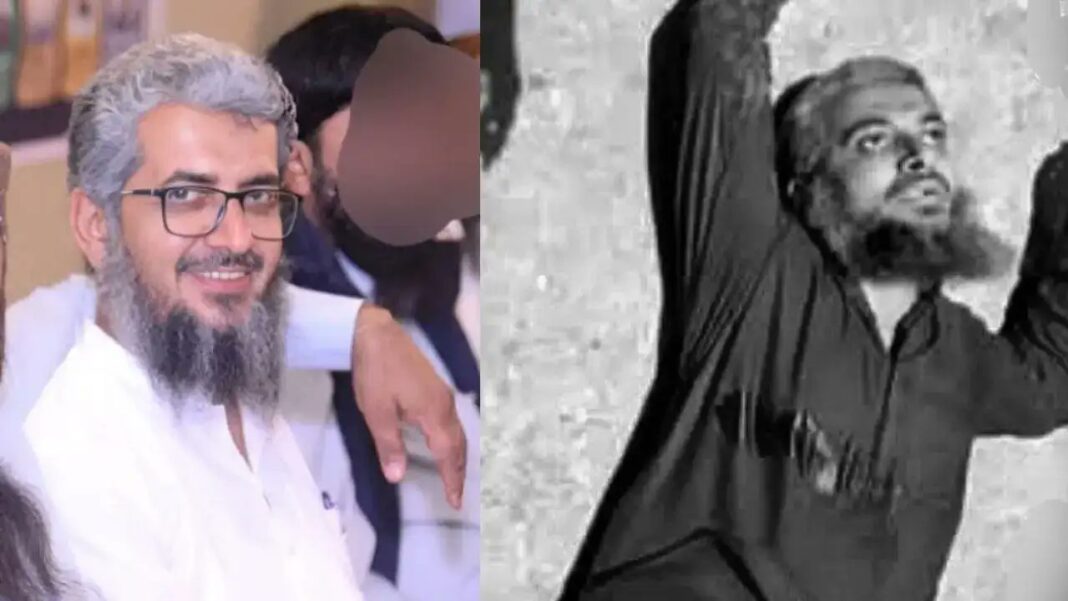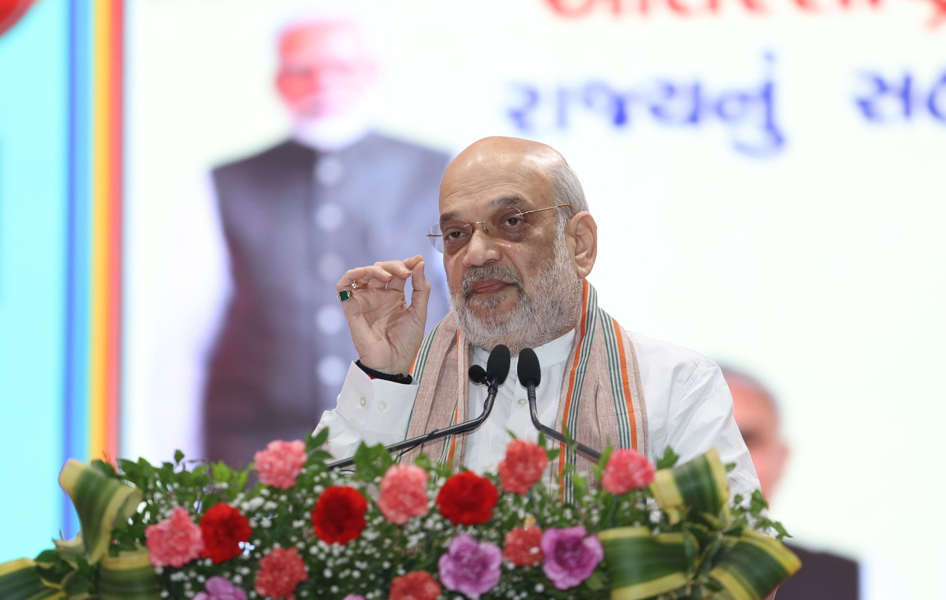By The Sampadak Express
Razaullah Nizamani, also known by his alias Abu Saifullah Khalid, a senior commander of the Pakistan-based terror outfit Lashkar-e-Taiba (LeT), was shot dead by unidentified assailants on Sunday in Sindh province.
Nizamani, considered the mastermind behind several high-profile terror attacks in India, including the 2006 strike on the Rashtriya Swayamsevak Sangh (RSS) headquarters in Nagpur, was gunned down near Matli Phalkara Chowk close to his residence in Matli. According to local reports, he had left his home on Sunday afternoon when the attack occurred.
Security sources confirm that Nizamani had been under the protection of Pakistani authorities. Following the recent Pahalgam terror attack and subsequent Operation Sindoor launched by Indian forces, Pakistan’s army and the Inter-Services Intelligence (ISI) had reportedly advised LeT leaders to avoid public movement.

Profile of a Key Militant Leader
Razaullah Nizamani, a prominent figure within LeT, was involved in multiple terror operations across India. In addition to the RSS headquarters attack, he was linked to the 2005 shooting at the Indian Institute of Science (IISc) in Bengaluru and the 2001 CRPF camp attack in Rampur, Uttar Pradesh, which claimed seven lives.
Beyond his operational role, Nizamani was deeply embedded in LeT’s transnational logistics and recruitment network. He played a central role in managing the outfit’s Nepal module, facilitating cross-border movements of operatives and handling recruitment and financial operations. He worked closely with senior LeT figures, including Azam Cheema and Yaqoob, the group’s chief accountant.
Nizamani, who also used the alias Vinod Kumar, was reportedly married to a Nepali citizen. At the time of his death, he was based in Matli, Sindh, where he was actively involved in fundraising and recruitment activities for both LeT and its affiliate, Jamat-ud-Dawa.
The circumstances surrounding his killing remain unclear, with investigations ongoing. His death marks a significant development in the regional terror landscape, particularly concerning Pakistan-based operatives with a history of involvement in attacks on Indian soil.






